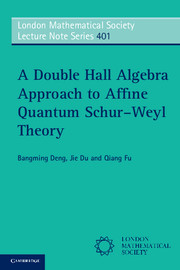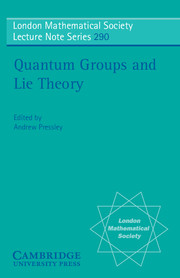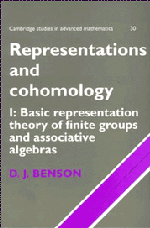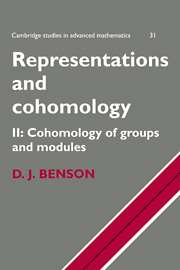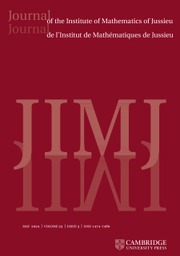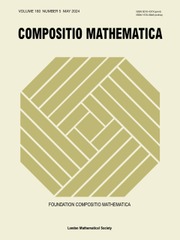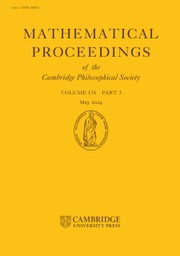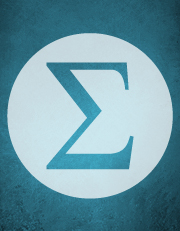A Double Hall Algebra Approach to Affine Quantum Schur–Weyl Theory
The theory of Schur–Weyl duality has had a profound influence over many areas of algebra and combinatorics. This text is original in two respects: it discusses affine q-Schur algebras and presents an algebraic, as opposed to geometric, approach to affine quantum Schur–Weyl theory. To begin, various algebraic structures are discussed, including double Ringel–Hall algebras of cyclic quivers and their quantum loop algebra interpretation. The rest of the book investigates the affine quantum Schur–Weyl duality on three levels. This includes the affine quantum Schur–Weyl reciprocity, the bridging role of affine q-Schur algebras between representations of the quantum loop algebras and those of the corresponding affine Hecke algebras, presentation of affine quantum Schur algebras and the realisation conjecture for the double Ringel–Hall algebra with a proof of the classical case. This text is ideal for researchers in algebra and graduate students who want to master Ringel–Hall algebras and Schur–Weyl duality.
- The first book of its kind to deal with affine q-Schur algebras
- Takes an algebraic, as opposed to the usual geometric, approach
- Describes how the affine q-Schur algebra links the loop algebras of the general linear Lie algebra and the affine Hecke algebra
Product details
December 2012Paperback
9781107608603
216 pages
229 × 152 × 12 mm
0.32kg
Available
Table of Contents
- Introduction
- 1. Preliminaries
- 2. Double Ringel–Hall algebras of cyclic quivers
- 3. Affine quantum Schur algebras and the Schur–Weyl reciprocity
- 4. Representations of affine quantum Schur algebras
- 5. The presentation and realization problems
- 6. The classical (v =1) case
- Bibliography
- Index.

